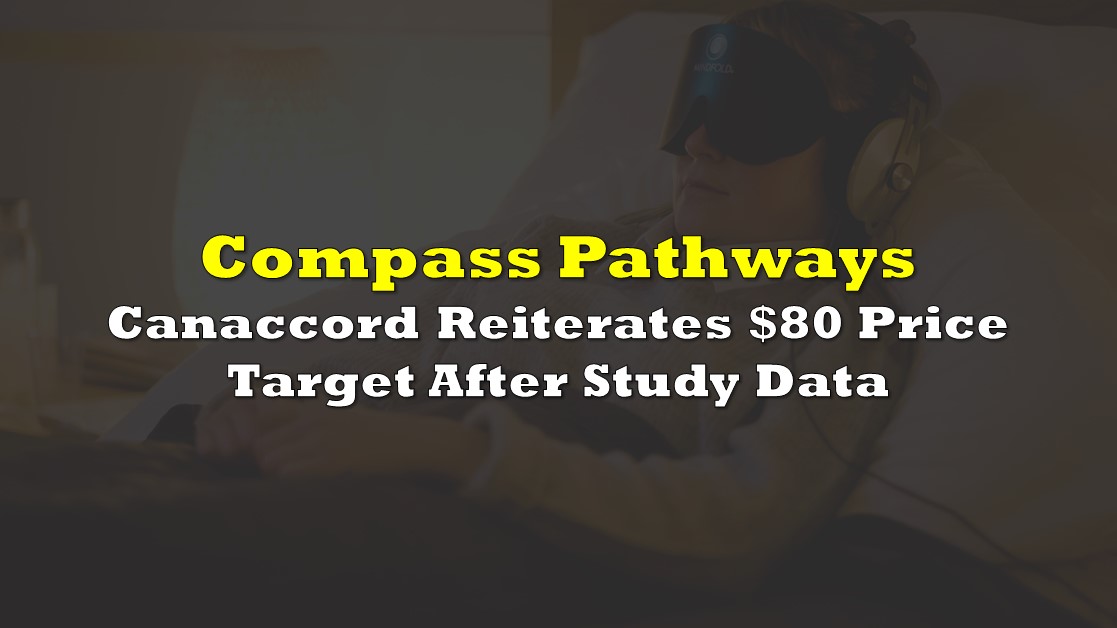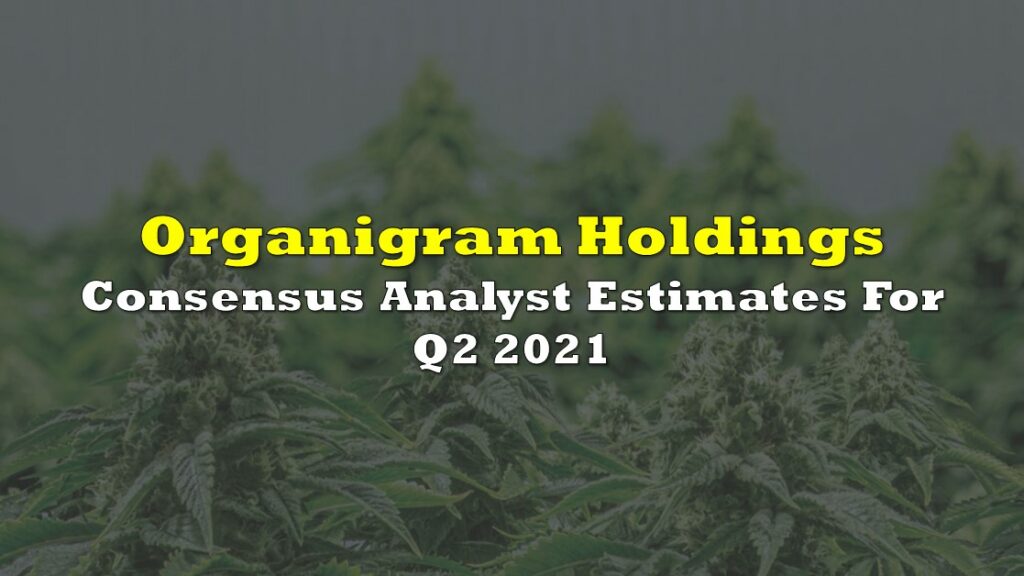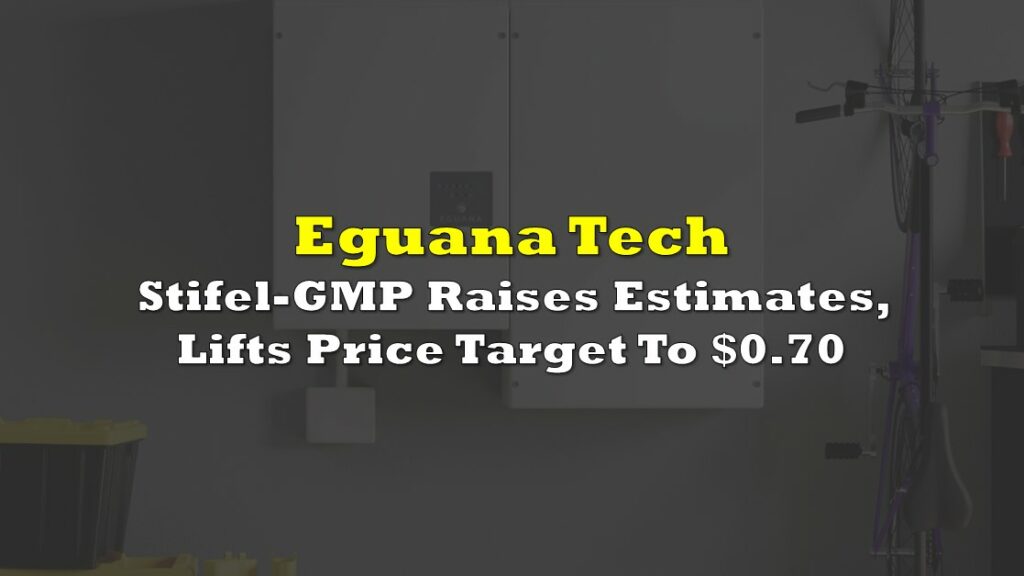Earlier this month, Compass Pathways (Nasdaq: CMPS) announced positive topline results and its key findings in its Phase 2b clinical trial of COMP360 psilocybin therapy to treat depression. The study reportedly “achieved its primary endpoint for the highest dose, with a 25mg dose of COMP360 demonstrating a highly statistically significant and clinically relevant reduction in depressive symptom severity after three weeks, with a rapid and durable treatment response.”
In its double-blind trial, patients were given either active doses of 25mg, 10mg, or a comparator of 1mg of COMP360. The group that received 25mg vs the 1mg group saw a -6.6 difference on the MADRS depression scale at week 3, while the 10mg vs 1mg group saw no statistically significant difference at week 3.
Notably, the company said that 179 patients reported at least one treatment-emergent adverse event, with 90% of these events being mild to moderate, which included headache, nausea, fatigue, and insomnia. 12 patients reported serious treatment-emergent serious adverse events which included suicidal behavior, intentional self-injury, and suicidal ideation.
COMPASS Pathways currently has 11 analysts covering the stock with an average 12-month price target of US$76.70. Out of the 11, 4 have strong buy ratings while 7 have buy ratings. The street high sits at US$117 while the lowest comes in at US$50.
In Canaccord’s update, they reiterate their buy rating and US$80 price target, saying that the data was encouraging and sets the stage for a phase 3 program. Additionally, they believe that the roughly 30% stock price drop that occurred over three days is a buy the dip event as they raise the probability of approval from 50% to 60% and continue to model a US launch in 2025 with a launch outside the U.S a year later.
In their readthrough of the data, they believe that the data was constructive and helped make the firm’s choice of 25mg as the dose going forward. They call investors concern about the 12 serious treatment-emergent serious adverse events warranted of further study but write, “we would point to the underlying TRD condition as a potential factor here.”
Lastly, they say that the next steps are waiting for the results of an open-label Phase 2 exploratory study of Comp360, which is expected to get this data soon. Canaccord writes, “We are also looking for any updates on regulatory interactions and/or signoff on a Phase 3 program,” which they believe could come next year.
Information for this briefing was found via Sedar and Refinitiv. The author has no securities or affiliations related to this organization. Not a recommendation to buy or sell. Always do additional research and consult a professional before purchasing a security. The author holds no licenses.









